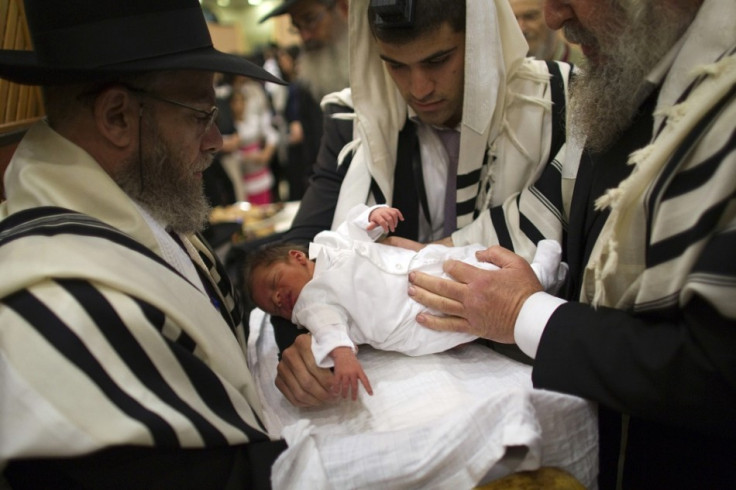Sweden and Denmark Recommend Ban on Non-Medical Circumcision of Boys

Medical associations in Sweden and Denmark have strongly urged for non-medical circumcision of boys to be banned.
As first reported in the Jewish Telegraphic Agency, the Sweden Medical Association has recommended a minimum age of 12 for the procedure, as well as requiring a boy's consent. It was unanimously passed by the country's ethics council.
In Denmark, the Danish College of General Practitioners penned a statement that denounced circumcision was akin to abuse and mutilation. In a poll undertaken by the newspaper BT, it was revealed that 87% were in favour of a ban on the procedure.
Currently, Swedish legislation required medical and non-medical circumcision to be carried out by a licensed professional. These can be obtained by the national health board. Jewish ritual circumcisers, called mohels, can receive a licence, but a nurse or doctor must be present during the process.
Traditionally, Jewish circumcision is carried out eight days after the birth of a baby. In the Muslim faith, ritual circumcision usually takes place before the age of 10.
The recommendations have received support from some, whereas others have perceived the move as anti-Semitic. As reported in JTA, Erik Ullenhag, Sweden's minister for integration, said that existing rules on circumcision should not be changed.
Ullenhag said: "I have never met any adult man who experienced circumcision as an assault. The procedure is not very intensive and parents have the right to raise their children according to their faith and tradition."
In September 2013, the Child Rights International Network and the Nordic Ombudsmen for children, along with other paediatric experts, released a statement on the matter. It was signed by representatives from Norway, Sweden, Finland, Denmark, Iceland and Greenland.
It read: "As Ombudsmen for Children and paediatric experts we are of the opinion that circumcision without medical indication is in conflict with Article 12 of the Convention on the Rights of the Child, which addresses the child's right to express his/her own views in all matters concerning him/her, and Article 24, point 3, which states that children must be protected against traditional practices that may be prejudicial to their health."
© Copyright IBTimes 2024. All rights reserved.







